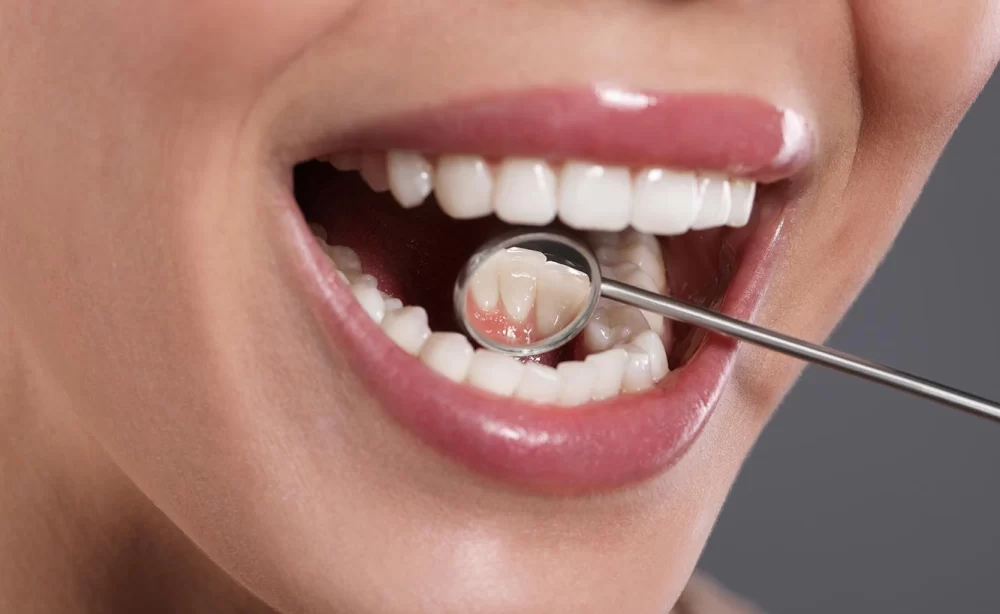
Understanding the Importance of Oral Cancer Screening
Oral cancer remains a serious health concern in the United States, with thousands of new cases diagnosed annually. Early detection is crucial for improving treatment outcomes and survival rates. Dentists play a pivotal role in identifying early signs of oral cancer during routine dental exams. These screenings are painless, quick, and can potentially save lives.
Many patients are unaware that a regular dental checkup includes an oral cancer screening, which involves a detailed inspection of the mouth, throat, and related areas. Given that oral cancer often shows subtle symptoms in its early stages, trusting your dentist’s expertise can make all the difference.
1. What Is Oral Cancer and Who Is at Risk?
Oral cancer primarily affects the lips, tongue, cheeks, floor of the mouth, hard and soft palate, sinuses, and throat. Risk factors include tobacco use, excessive alcohol consumption, human papillomavirus (HPV) infection, prolonged sun exposure (affecting lips), and family history. Age also plays a role, with most cases occurring in adults over 40.
Awareness of these risk factors helps dentists tailor screenings and educate patients about preventive measures.
2. How Dentists Perform Oral Cancer Screening
During a dental visit, the oral cancer screening typically consists of multiple steps designed to identify suspicious signs early.
Visual Examination
The dentist examines the entire oral cavity, including the tongue, gums, roof and floor of the mouth, and the back of the throat. They look for discolorations, unusual lumps, ulcers, red or white patches, and any other abnormalities.
Physical Palpation
Dentists gently feel the tissues inside the mouth and around the neck to detect lumps or thickened areas that might not be visible. This step helps uncover abnormalities in soft tissues or lymph nodes.
Use of Specialized Tools
In some cases, dentists employ adjunctive screening tools such as VELscope (which uses fluorescent light to highlight abnormal cells) or brush biopsy kits to collect cells from suspicious areas for laboratory analysis.
3. Recognizing Early Signs and Symptoms
Early oral cancer symptoms can be subtle and easily overlooked. Common signs include persistent mouth sores, lumps or thickened areas, white or red patches, difficulty swallowing, unexplained bleeding, numbness, and changes in voice. If these symptoms persist beyond two weeks, it’s essential to seek prompt evaluation.
John, a 52-year-old teacher from Texas, noticed a small sore on his tongue that didn’t heal. His dentist identified it during a routine check and recommended a biopsy. Thanks to early detection, John’s cancer was treated successfully, highlighting the value of regular screenings.
4. What Happens If Suspicious Areas Are Found?
If the dentist finds suspicious lesions, they will recommend further diagnostic tests such as biopsies or refer you to an oral surgeon or oncologist for specialized care. Early-stage oral cancer often requires less invasive treatment and has a better prognosis.
Timely follow-up after detection is crucial, as delayed diagnosis can lead to more advanced disease, requiring aggressive treatments.
5. Tips for Patients to Support Oral Cancer Prevention
Regular dental visits with oral cancer screenings are your first line of defense. Additionally, reducing risk factors such as quitting smoking, limiting alcohol intake, practicing good oral hygiene, protecting lips from sun exposure, and getting vaccinated against HPV can significantly reduce your risk.
Open communication with your dentist about your habits and any unusual symptoms helps tailor preventive strategies.
6. The Role of Dentistry Toothtruth in Supporting Oral Health
For residents across the US, Dentistry Toothtruth offers comprehensive dental care with a strong focus on early detection of oral cancer. Their expert dentists utilize the latest screening techniques and provide personalized advice to maintain optimal oral health.
Visiting Dentistry Toothtruth ensures access to cutting-edge diagnostic tools and compassionate care, making it easier to catch oral health issues before they become serious.

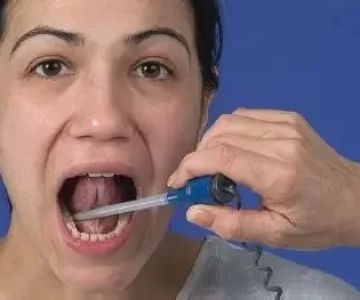
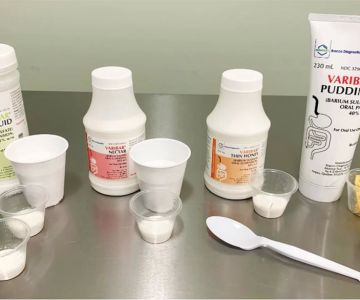
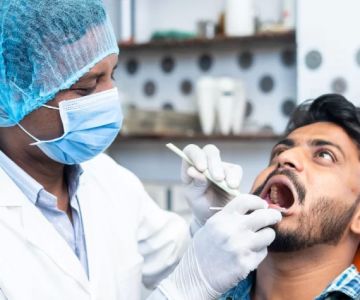
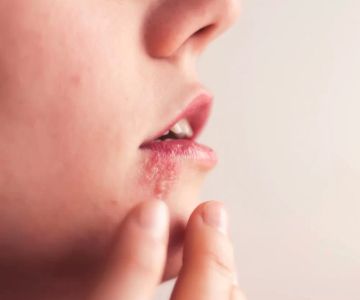
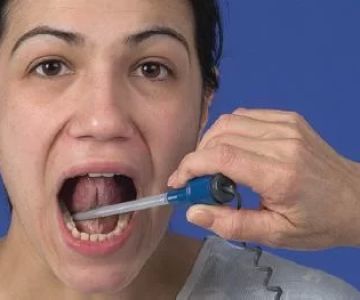
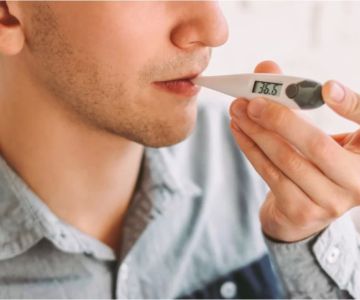
 Okamoto and Bigley Dentistry4.0 (94 review)
Okamoto and Bigley Dentistry4.0 (94 review)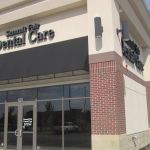 Summit Fair Dental Care4.0 (792 review)
Summit Fair Dental Care4.0 (792 review) Rockstar White Teeth Whitening5.0 (5 review)
Rockstar White Teeth Whitening5.0 (5 review) Dr. David A. Ong, DDS (Silver Lake Smiles Family Dentistry)0.0 (0 review)
Dr. David A. Ong, DDS (Silver Lake Smiles Family Dentistry)0.0 (0 review) Shore Smiles 4 Kids5.0 (21 review)
Shore Smiles 4 Kids5.0 (21 review) First Class Dental PA5.0 (248 review)
First Class Dental PA5.0 (248 review) The Importance of Oral Health Education During Pregnancy for a Healthy Pregnancy
The Importance of Oral Health Education During Pregnancy for a Healthy Pregnancy Best Tips for Brushing Your Teeth Properly for Healthy Gums: Essential Techniques for Oral Health
Best Tips for Brushing Your Teeth Properly for Healthy Gums: Essential Techniques for Oral Health Why Skipping Dental Checkups Can Lead to Bigger Oral Health Problems
Why Skipping Dental Checkups Can Lead to Bigger Oral Health Problems Advantages of Porcelain Dental Restorations
Advantages of Porcelain Dental Restorations How Can Diabetes Cause Tooth and Gum Problems? Preventing and Managing Oral Health Issues
How Can Diabetes Cause Tooth and Gum Problems? Preventing and Managing Oral Health Issues Healthy Habits for Promoting Good Oral Health and Hygiene: Tips for a Healthy Smile
Healthy Habits for Promoting Good Oral Health and Hygiene: Tips for a Healthy Smile